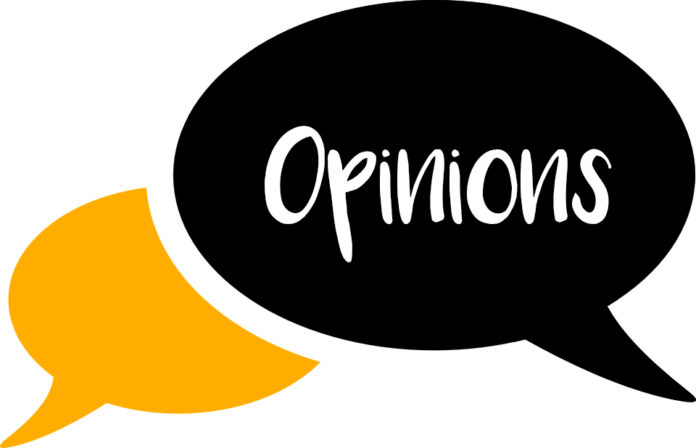
In the wake of the tragic insurrection incited by President Trump on Capitol Hill this past Wednesday, DePauw Student Government released a statement encouraging healing and discussion within the DePauw community. The letter urged members of our community not to distance themselves from the events “with the rhetoric circulating that ‘we are better than this,’” but to look closely at “how this event is enmeshed and codified in our history and its implications on our future.”
However, after two days of marinating in disgust, confusion, and anger, I think it is due time that the country—and the DePauw student body—admitted that as Americans and as a DePauw community, we are better than this.
Amidst this radical polarization and the terrible events of the past year, attempts at neutrality have been increasingly associated with ignorance or cowardice. But striving for a middle ground is not synonymous with apathy. As liberal arts students who are trained to think and write critically, we should be the ones seeking nuance and bipartisan solutions, not continuing to foster “us versus them” thinking in our lives and on social media.
Political polarization defines us now, more than any other facet of our identities. This divide is repeatedly expressed and amplified through the president’s divisive rhetoric, our own statements and social media posts, and the national reaction to Wednesday’s atrocities.
The violence on Capitol Hill reflects the culmination of the distrust that Americans have garnered throughout 2020. Whether it be mistrust in police, courts, healthcare, media, or any of the three branches of government, every major institution has faced scathing scrutiny from citizens and students of all identities.
Certainly, 2020 has raised important conversations regarding the history of this country with increasing vigor. But coupled with the pandemic, these conversations have been held in the predatory halls of social media apps and websites—places designed to incite and confirm the user’s biases. Some of the biggest cultural conversations in America surrounding racism and our leaders have become routinely confined to 150 characters and 2x2 inch infographics, often increasing political divides.
Due to COVID-19, these digital avenues of discussion have become the necessary forums through which the country and especially DePauw students have been forced to question and debate the integrity of our country’s institutions.
As a result, we as a country, and a student body, have fallen deeply into an “us versus them” mentality. Every post (or lack thereof), comment, vote, and action determines your team. Oftentimes, these teams indict the other for ignoring or even inflating issues such as racism and poverty, increasingly condemning individuals and parties as entirely good or evil. But while parties may disagree on how to best approach the multitude of issues Americans have faced, it is more than cynical to suggest that either party works to sabotage the country which they serve.
Civil discourse is necessary to combat the problems in this country, and it functions as the backbone of democracy. As a DePauw community, we must leave room to disagree on how to best approach our country and community’s issue without cancelling, labeling, or assuming the intention of the other side.
Of course, hate and violence have no room on our campus, but when the standards for hate become increasingly blurred by “us versus them” thinking, discourse and debate quickly bow to increased partisanship. Each of our core values—Student Focus, Collaboration, Curiosity, Diversity, and Inclusion—not only thrive from discourse and debate, but require it.
So, before we study how we got here and where we’re headed, before we pick teams and draw more caustic comparisons between the two, and before we cut ourselves off from classmates, friends, family, and professors, let us first admit that “we’re better than this,” not to distance ourselves from Wednesday’s events, but to hold our political and campus discourse to standards worthy of the institutions so horrifically attacked.
